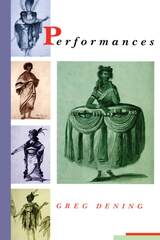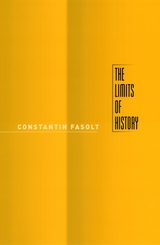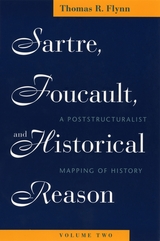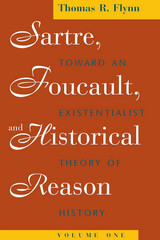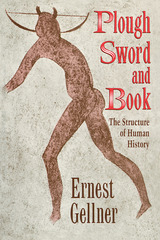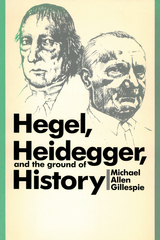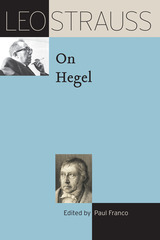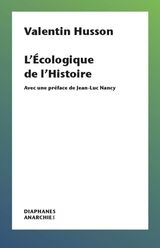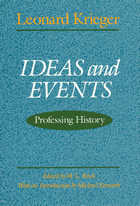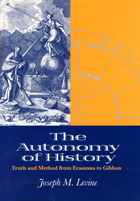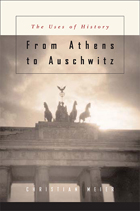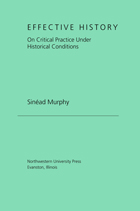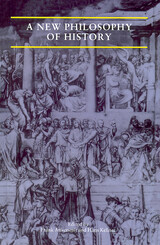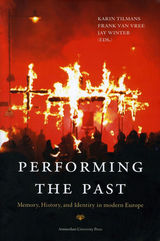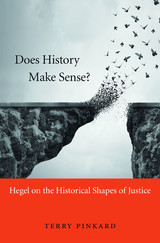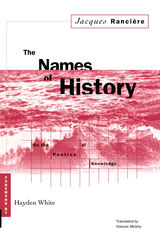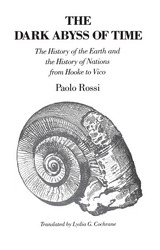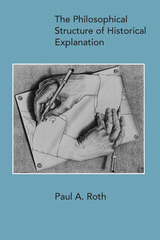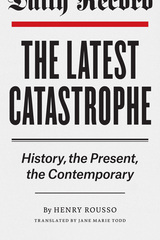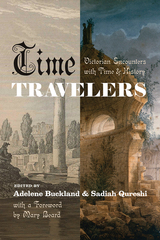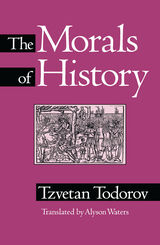The Autonomy of History: Truth and Method from Erasmus to Gibbon
University of Chicago Press, 1999
Cloth: 978-0-226-47541-7
Library of Congress Classification D16.8.L485 1999
Dewey Decimal Classification 901
Cloth: 978-0-226-47541-7
Library of Congress Classification D16.8.L485 1999
Dewey Decimal Classification 901
ABOUT THIS BOOK | TOC
ABOUT THIS BOOK
In these learned essays, Joseph M. Levine shows how the idea and method of modern history first began to develop during the Renaissance, when a clear distinction between history and fiction was first proposed. The new claims for history were met by a new skepticism in a debate that still echoes today.
Levine's first three essays discuss Thomas More's preoccupation with the distinction between history and fiction; Erasmus's biblical criticism and the contribution of Renaissance philology to critical method; and the way in which Renaissance rhetoric, as in Thomas Elyot's Book of the Governor, continued to inhibit the autonomy of history. He then shows how these issues persisted into the eighteenth century, even as critical method developed. He concludes with a close description of the great controversy that culminated in Edward Gibbon's day over the authenticity of a biblical text that had been used for centuries to defend the Trinity but which turned out to be a forgery. Levine shows how by then all sides were ready to concede the autonomy of history.
Levine's first three essays discuss Thomas More's preoccupation with the distinction between history and fiction; Erasmus's biblical criticism and the contribution of Renaissance philology to critical method; and the way in which Renaissance rhetoric, as in Thomas Elyot's Book of the Governor, continued to inhibit the autonomy of history. He then shows how these issues persisted into the eighteenth century, even as critical method developed. He concludes with a close description of the great controversy that culminated in Edward Gibbon's day over the authenticity of a biblical text that had been used for centuries to defend the Trinity but which turned out to be a forgery. Levine shows how by then all sides were ready to concede the autonomy of history.


